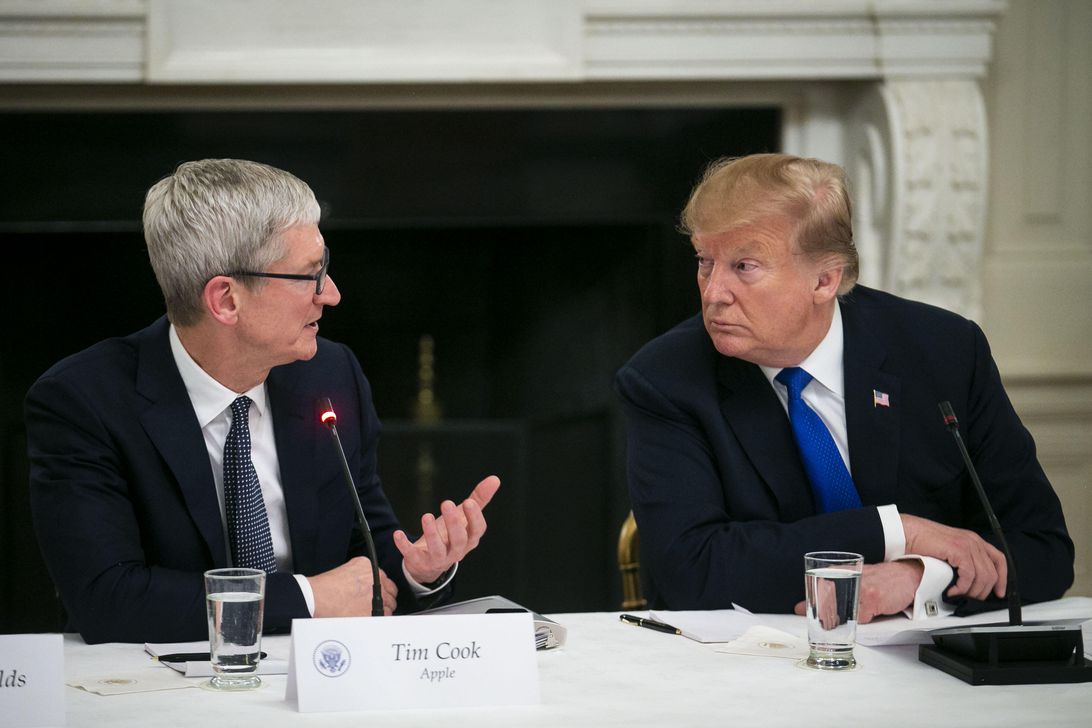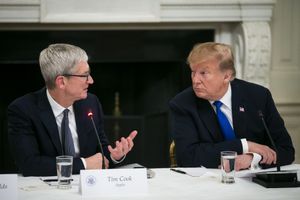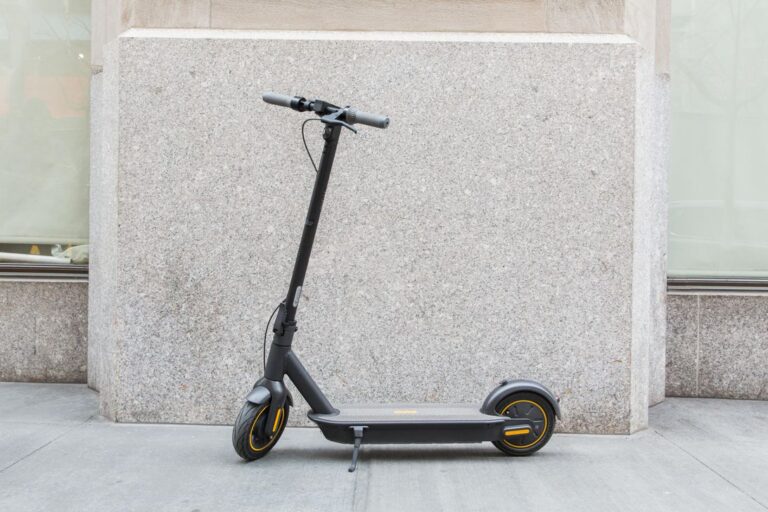
Al Drago/Bloomberg via Getty Images
CNET’s Apple Report newsletter delivers news, reviews and advice on iPhones, iPads, Macs and software.
As it did with the news organizations, the Justice Department obtained a gag order that prevented Apple from disclosing the subpoenas, a source told the Times. Lawmakers only learned of the probe last month from Apple, after the gag order had expired, the newspaper reported.
The report follows recent revelations that former President Donald Trump’s administration had secretly obtained phone and email records from a number of journalists, including reporters for CNN and the Washington Post. President Joe Biden said last month he had directed the Justice Department to end the practice of seizing phone or email records of reporters.
Prosecutors, who seized the records in 2017 and early 2018, were searching for the source of media leaks about contacts between Trump associates and Russia, The Times reported. Rep. Adam B. Schiff of California, then the panel’s top Democrat, was one of the members of Congress targeted, sources told the newspaper.
Trump administration officials subpoenaed Apple for data from at least a dozen people connected to the House Intelligence Committee in an attempt to root out the source of leaks of classified information, The New York Times reported. The targets included at least two Democrats on the House Intelligence Committee, aides and family members — one of whom was a minor.
Apple provided metadata and account information, but not photos, emails or other content, a person familiar with the inquiry told the Times. Ultimately, the data subpoenaed didn’t tie the committee to the leaks, the newspaper reported.
Each year, Apple receives thousands of requests for individual data from governments and private parties in litigation around the world. In April, the company reported that requests it received in 2020 had targeted 171,368 devices, a drop of 12% from the same time in 2019. Apple provided the information requested 80% of the time.






